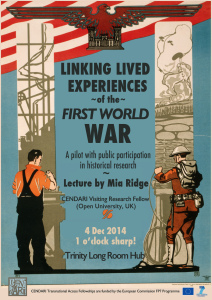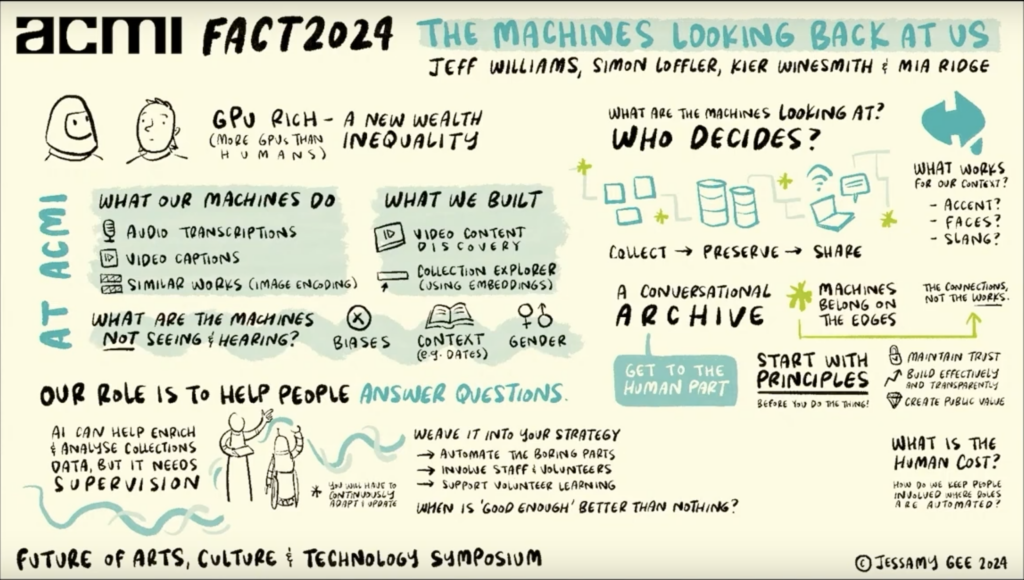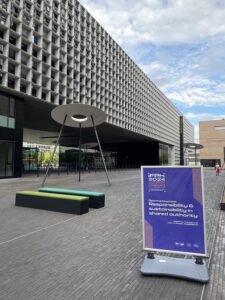Get in touch if you'd like to meet for a chat about crowdsourcing / digital participation, digital scholarship, digital humanities or AI / machine learning in libraries, archives and museums!
I was at Digital Humanities 2025 in Lisbon July 14 – 19, presenting with the British Library's Universal Viewer team and on a panel.
In September 2025 I'm at the Lorenz Center in Leiden for 'Enriching Digital Heritage with LLMs and Linked Open Data', speaking online in a programme on 'Múza, nebo hrůza? AI v literatuře, knihovnách a kultuře vůbec' at the Knihovny současnosti 2025 (Contemporary Libraries 2025) conference.
I also gave a keynote at the first RIDLE:HE (Research in Digital Learning in Higher Education) conference in Newcastle.
Previous activities are listed on '2024, an overview', etc.
Recent books
I'm currently working on chapters for the final Living with Machines book.
Chapter 5: Analysing the language of mechanisation in nineteenth-century British newspapers by Barbara McGillivray, Nilo Pedrazzini, Arianna Ciula, Jon Lawrence, Tiffany Ong, Mia Ridge, Miguel Vieira is now online for 'early access'.
In January 2023, Collaborative Historical Research in the Age of Big Data: Lessons from an Interdisciplinary Project by Ruth Ahnert, Emma Griffin, me and Giorgia Tolfo was published by Cambridge University Press.
In 2021 I wrote another book with 15 or so brilliant co-authors: The Collective Wisdom Handbook: perspectives on crowdsourcing in cultural heritage
My edited volume on 'Crowdsourcing our Cultural Heritage' for Ashgate, featuring chapters from some of the most amazing people working in the field was published in October 2014 and reprinted a few times subsequently. You can read my introduction on the OU repository: Crowdsourcing Our Cultural Heritage: Introduction.
By day, I usually at work at home at the British Library, so drop me a line if you'd like to meet for coffee and a chat. My availability for events is limited, but you can drop me a line if you'd like to book me for an event.
Some recent papers
Some publications are listed or accessible at my ORCID page, my Open University repository page, Humanities Commons page, Zenodo, and my Zotero page.
This page is rarely up-to-date or complete, but here's a summary of talks, fellowships, writing, etc in 2023, 2022, 2021, 2020, 2019, 2018, 2017, 2016, 2015, 2014, 2013, 2012 and 2011. You can also follow me on twitter (@mia_out) mastodon @mia@hcommons.social / https://hcommons.social/@mia for updates. I'm also on bluesky @miaout.bsky.social.
Previous papers are generally listed at miaridge.com or on my blog, Open Objects.


